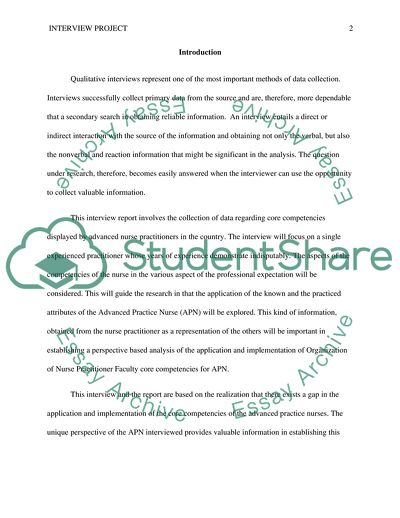Cite this document
(Advanced Practice Nurse Leader Interview Project Essay, n.d.)
Advanced Practice Nurse Leader Interview Project Essay. https://studentshare.org/nursing/1856774-clinical-competence-assessment-in-nursing
Advanced Practice Nurse Leader Interview Project Essay. https://studentshare.org/nursing/1856774-clinical-competence-assessment-in-nursing
(Advanced Practice Nurse Leader Interview Project Essay)
Advanced Practice Nurse Leader Interview Project Essay. https://studentshare.org/nursing/1856774-clinical-competence-assessment-in-nursing.
Advanced Practice Nurse Leader Interview Project Essay. https://studentshare.org/nursing/1856774-clinical-competence-assessment-in-nursing.
“Advanced Practice Nurse Leader Interview Project Essay”. https://studentshare.org/nursing/1856774-clinical-competence-assessment-in-nursing.


